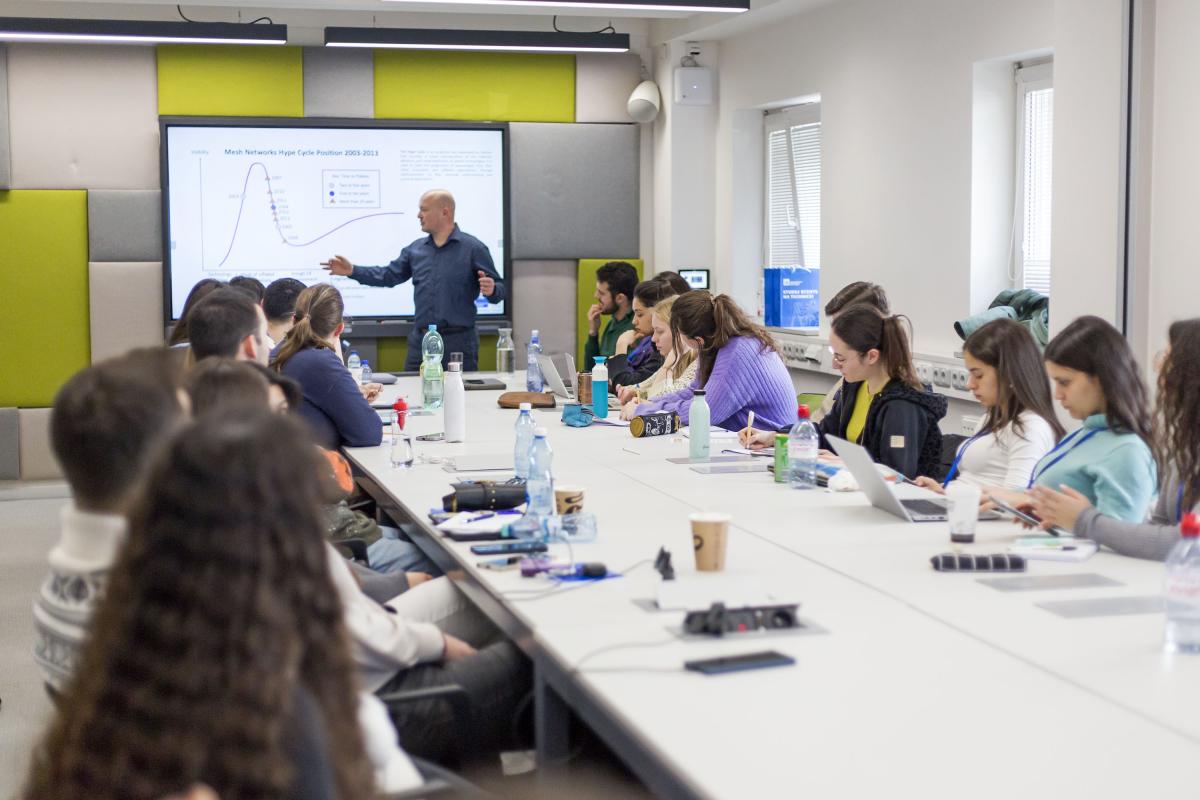
Dr. Vladimír Šulc, CEO of MICRORISC, delivered a presentation on wireless mesh networks and the analysis of IQRF wireless technology within the Gartner Hype Cycle during the ATHENS international program at the Czech Technical University.
Wireless mesh networks are still a topic even over twenty years from the first indication of market success in less than five years at Gartner Hype Cycles (2003). Too many trade-offs and limitations exist in latency, hop count limits, determinism, and reliability through all the globally supported wireless mesh networking technologies until today. The reason is simple: their technical concepts focused primarily on routing optimization rather than reliability. This highlights the essence of the IQRF ecosystem as articulated in its motto „When reliability is a must.“
After two decades on the market, the IQRF gets standardized, allowing everyone to use and implement all technical achievements and reliable protocols protected by dozens of patents under one royalty-free license.
Gartner Hype Cycles provide a graphic representation of the maturity and adoption of technologies and applications, and how they are potentially relevant to solving real business problems and exploiting new opportunities. Gartner Hype Cycle methodology gives you a view of how a technology or application will evolve over time, providing a sound source of insight to manage its deployment within the context of your specific business goals.
The ATHENS (Advanced Technology Higher Education Network / Socrates) international program has been running since 1997. Technical universities in Bucharest, Budapest, Delft, Istanbul, Lisbon, Leuven, Madrid, Milan, Munich, New Leuven, Paris, Prague, Thessaloniki, Trondheim, Vienna and Warsaw belong to the network members. The principal goal of the Network is to facilitate the exchange of students, teachers, and researchers from major European Technological Universities.